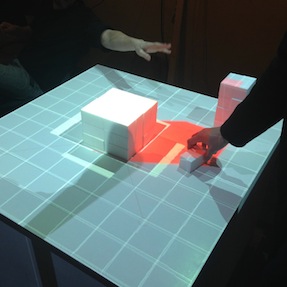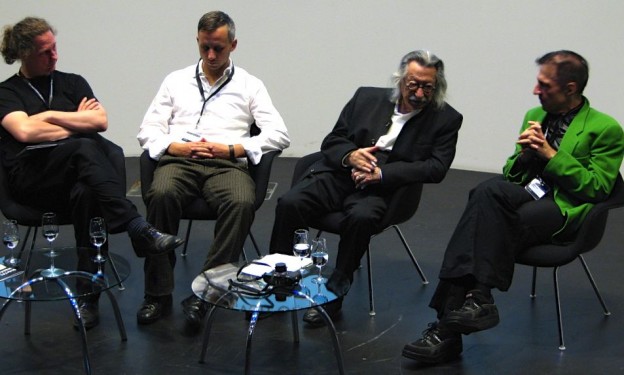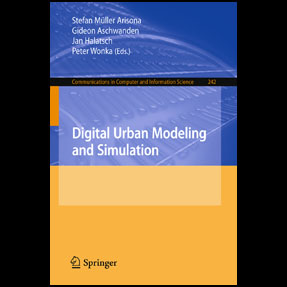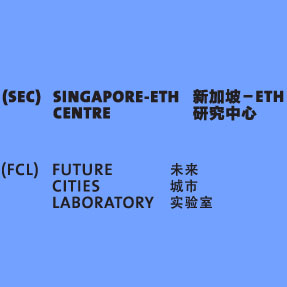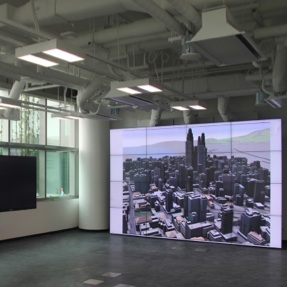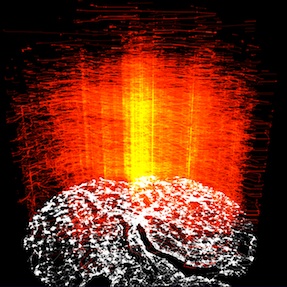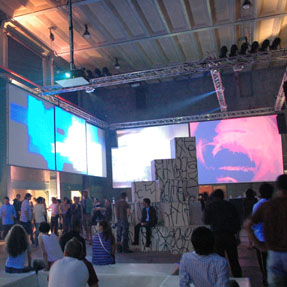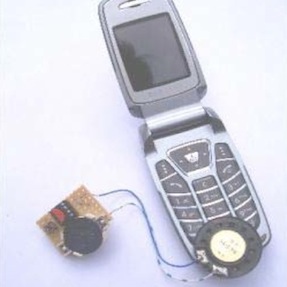ASR 2013 Call For Proposals
Please find full call and application forms here: http://www.digitalartweeks.ethz.ch/web/DAW13/ASR2013
Arts/Science Residency with focus on Transmedia at ETH Zurich’s Future Cities Laboratory
The Singapore-ETH Centre, in collaboration with the Arts and Creativity Lab & the Interactive and Digital Media Institute, are pleased to announce a 2013 Arts/Science Residency at ETH Zurich’s Future Cities Laboratory (FCL). The selected artist will be invited to spend 2 months working at the FCL with researchers, students and the local arts community as she or he conduct a project exploring and making connections between art and science.
The artist will be invited to present the project at ETH Zurich’s Digital Art Weeks Festival (May 6 – 19 2013), thus the residency must start no later than beginning of May 2013.
The Art/Science Residency is made possible with the support of ETH Zurich’s Future Cities Laboratory and IDMI Art/Science Residency Programme.
Theme: Explorations in Transmedia for Urban Research
The Future Cities Laboratory (FCL) is a transdisciplinary research centre focused on urban sustainability in a global frame. It is the first research programme of the Singapore-ETH Centre for Global Environmental Sustainability (SEC). It is home to a community of over 100 PhD, postdoctoral and Professorial researchers working on diverse themes related to future cities and environmental sustainability.
In September 2013, the 3rd FCL Forum will take place at the NRF CREATE Campus in Singapore. The event is planned and realised through three main pillars, which are a conference, an exhibition, and the library. All pillars collected and showcase FCL work established over the last three years.
The goal of this Art/Science Residency is to propose and realise a bridge that connects the pillars. Thereby, the general topic of investigation is the use of transmedia storytelling approaches to support large, heterogeneous, and complex research projects in terms of coherently integrating the overall mission, research questions, works in progress and results across multiple platforms and formats. Consequently, proposals should radically question and innovatively revise current standards in academic communication. While including web- and game-based transmedia approaches, as typically known from advertisement, they should go beyond the norm of such techniques.
In particular, we are looking for proposals that include other areas and formats, and adhere to the following guidelines:
- Proposals should include use of the Value Lab Asia, a large collaborative, digitally augmented space, equipped with several multi-touch surfaces and displays, a 33 megapixel high-resolution video wall, and video conferencing systems. It is used by the FCL researchers for urban visualization, scenario planning and stakeholder participation applications.
- Proposals should have the openness to incorporate output from on going design research studios, seminars and research projects.
- Proposals should incorporate the evolving Future Cities Laboratory exhibition and the upcoming September 2013 conference, and the outcome of the project should be directly applicable for the exhibition and conference.
- Proposals may include design and production of physical models through digital fabrication.
For all formats and areas you will work closely with FCL faculty and PhD students, and will have access to FCL space and technical infrastructure, including the Value Lab and the FCL model-making workshop.
